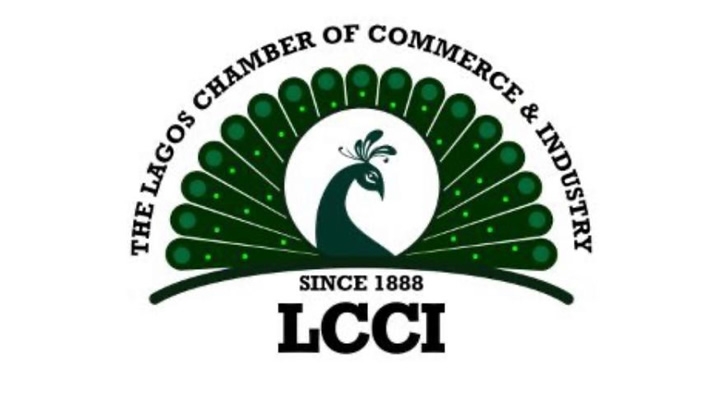Private sector leaders have warned Nigerian businesses to urgently review their 2025 plans, saying the economic outlook has worsened due to global instability and rising insecurity within the country. They gave this warning despite recent data from the Central Bank of Nigeria (CBN) showing that economic activities grew for the third month in a row in March.
According to the latest Purchasing Managers’ Index (PMI) released by the CBN, Nigeria’s economy recorded expansion as the PMI rose to 52.3 index points in March. This indicated growth across industry, services, and agriculture sectors. Agriculture led the way with 54.7 points, while the services sector recorded 51.5 points and industry posted 51.5 points as well.
However, the key private sector operators expressed serious concerns that the positive growth trend may be temporary. They pointed to worsening inflation, falling global oil prices, and the impact of the ongoing tariff war triggered by the United States under former President Donald Trump’s new policies. Inflation rose to 24.23 percent in March, putting more pressure on household incomes and businesses.
The President of the Lagos Chamber of Commerce and Industry (LCCI), Mr. Gabriel Idahosa, explained that the economic assumptions made in December 2024 are no longer valid. He said many businesses expected reforms to stabilize the economy and improve refined petroleum product supply, but recent global events have changed the situation. Idahosa noted that crude oil prices, which the Federal Government had based the 2025 budget on at $75 per barrel, have now dropped to around $65 per barrel.
He said that Nigeria’s heavy reliance on crude oil for foreign exchange earnings meant that any drop in oil prices would lead to lower inflows, increased pressure on the naira, and higher inflation. He also warned that the global tariff war between the United States, China, and India—Nigeria’s major trade partners—is already disrupting global manufacturing and logistics. This disruption, according to him, will eventually affect Nigeria’s economy in terms of reduced imports, job losses, and slower business activities.
Idahosa urged Nigerian businesses to go back to the drawing board, rework their 2025 plans, and not rely on assumptions made in late 2024. He stressed that improving local production and addressing security challenges, especially in farming and agro-processing areas, would be crucial to cushioning the impact of the global economic downturn.
Also speaking, the Director of the Centre for the Promotion of Private Enterprise (CPPE), Dr. Muda Yusuf, said the recent PMI growth could be attributed to temporary factors. He noted that slight stability in the foreign exchange market and a marginal decline in inflation may have helped lift business confidence in March. However, Yusuf warned that the situation could change rapidly from April as the effects of Trump’s tariffs start to show fully.
According to him, insecurity in Northern Nigeria is already pushing up food prices, while rising logistics and diesel costs are making it harder for businesses to operate efficiently. Yusuf said input costs were outpacing output prices, especially in the industrial sector, and this could weaken profitability moving forward.
He observed that the March PMI survey conducted by the CBN showed some encouraging figures, with output growth at 52.8, new orders at 52.2, and employment at 51.7 index points. However, the survey also showed contraction in exports, which fell to 45.1 points, and imports, which dropped to 48.4 points. Yusuf noted that these are early signs of strain on Nigeria’s trade and investment flows.
He warned that April’s PMI report would likely reveal a more accurate picture of the economic pressure businesses are facing, saying, “There’s a real risk that growth could slow sharply in April.” He urged businesses to be cautious, manage risks properly, and prepare for a tougher operating environment for the rest of the year.
Private sector leaders concluded by advising that businesses should adopt more conservative strategies and temper their expectations for 2025, given the current realities of both the local and global economies.
